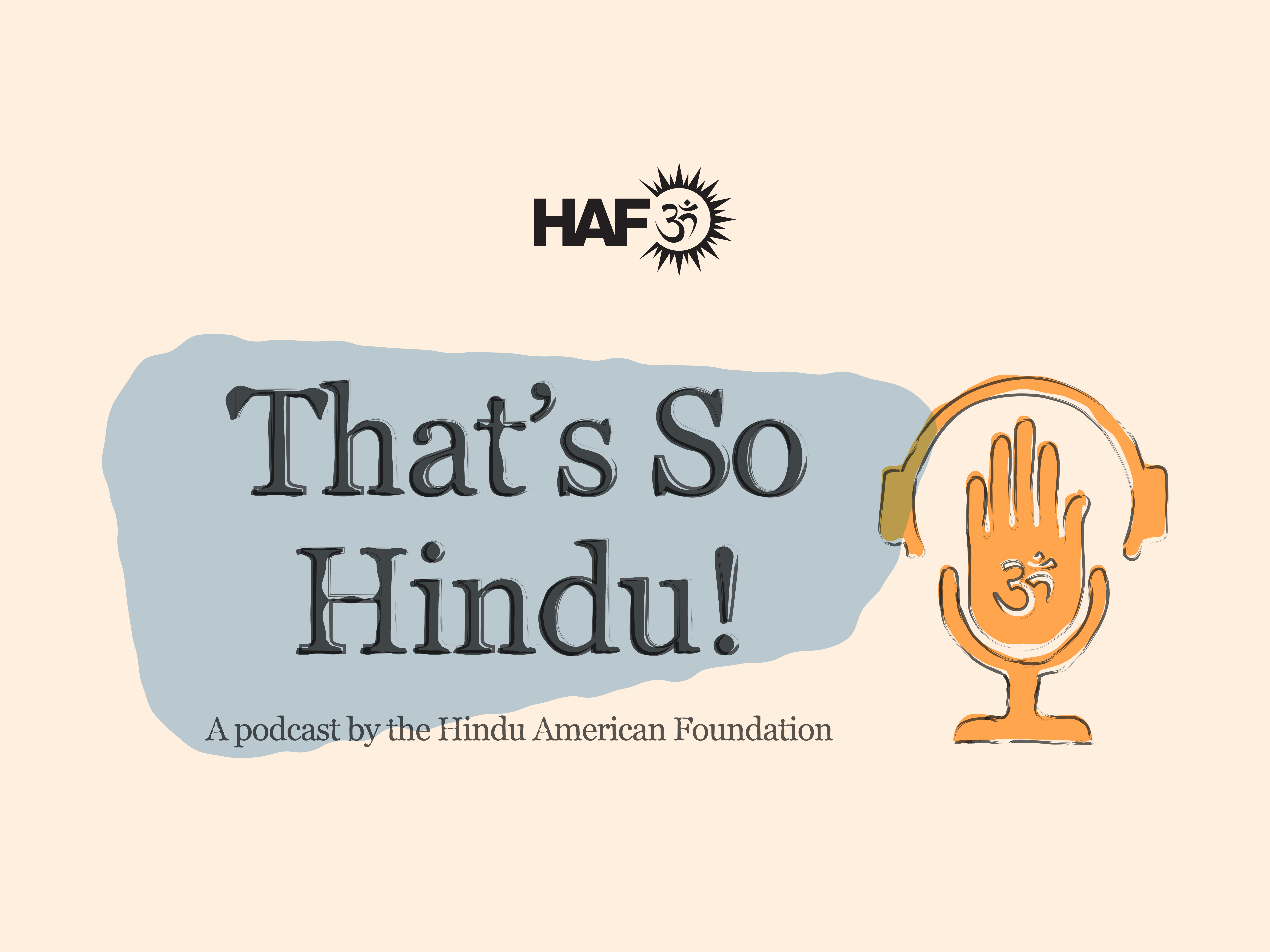
 Errol Morris — who’s won rightful acclaim for making insightful documentaries about polarizing political figures such as Donald Rumsfeld (The Unknown Known) and Robert McNamara (The Fog of War) — in his latest film, American Dharma, has turned his focus on Steve Bannon.
Errol Morris — who’s won rightful acclaim for making insightful documentaries about polarizing political figures such as Donald Rumsfeld (The Unknown Known) and Robert McNamara (The Fog of War) — in his latest film, American Dharma, has turned his focus on Steve Bannon.
If you want to get inside the mind of Steve Bannon, and thus understand the political rise of Donald Trump as well as the worldview of some of Trump’s most ardent supporters (and Brexiteers for that matter), American Dharma does that.
What American Dharma unfortunately doesn’t do is push back on Bannon’s apparent limited understanding of the concept of dharma.
Bannon, in case you’ve been in a coma or marooned on an island without internet access for the past four years, was former executive chairman of the right-wing media outlet Breitbart News, ran Donald Trump’s presidential campaign for a time, and served in President Trump’s administration for several months at the start of his term.
Bannon also happens to be a film director who cites Morris’ work as an inspiration, though Morris and Bannon stand solidly on opposite sides of the political fence. At one point in American Dharma, Morris says he voted for Hillary Clinton and Bannon looks genuinely shocked that one of his filmmaking inspirations could do such a thing.
If you’ve seen any of Morris’s recent films, from a cinematic perspective American Dharma will feel stylistically familiar, both visually and in terms of the method of storytelling. This is a good thing. Morris largely lets Bannon speak for himself, interjecting into the conversation but only occasionally genuinely pushing back.
Where some stronger push back would have been useful would be in questioning Bannon on the depth of his knowledge of dharma itself — especially given the fact that Morris gave the term prominence by using it in the title and that Bannon’s understanding seems as though it’s at about a CliffsNotes level.
As portrayed in the film, Bannon clearly has been moved by Krishna’s conversation with Arjuna on the battlefield, in the Bhagavad Gita, in which Arjuna, a prince, is dejected at the thought of battling his own cousins.
In this scene from the Gita, Arjuna is ready to run away from the battle in the name of non-violence and sense of duty to his family. Krishna, Arjuna’s charioteer as well as an avatar of Lord Vishnu (initially unbeknownst to Arjuna), then explains how running away from the battle would actually be an act of adharma (an act contrary to righteousness). Arjuna is a warrior whose primary duty is to eradicate the world of the unjust forces allied against him because it benefits a greater good. Krishna shows that in this particular context the right thing to do is to pick up arms and fight his own kin.
This one aspect of dharma is grafted onto Bannon’s beliefs about an ideal world order being one with hard national sovereignty and neo-mercantilist competition between nations. Bannon sees the world today as being engaged in an existential conflict where white, Western civilization is under threat — from immigrants, from a globalized economy, from Islam. Bannon is naive, simple, and genuine in these beliefs. Given this, it’s hardly surprising to learn that two films that inspire him, which he admits to watching over and over again, are 12 O’Clock High and the John Wayne version of The Searchers. Both, in their own way, merge Bannon’s worldview with his interpretation of dharma.
Basically, Bannon takes one single aspect of the very multi-faceted concept of dharma and applies it to a fundamentally wrong worldview. His intellectual starting point is a type of avidya (ignorance) regarding economics and geopolitics — the superiority of Western civilization over others, the actual nature of the genuine threat of terrorism, combined with a particular delusion about there being some sort of Golden Age of American Civilization that could be returned to if only we followed his advice.
What Bannon misses entirely — and which if somehow pointed out directly in the film would have improved it — is that dharma is both framed by time and context, but also within a system of metaphysics and ethics.
In this metaphysical system, dharma is understood as a way of being that helps further spiritual evolution. This is underpinned by an understanding that all of existence is fundamentally united in its Divinity. All of our apparent external differences like nationality, race, gender, species are differences in kind, not essence.
Too much focusing on these differences — which Bannon seems to do exclusively — keeps us from realizing the Divine oneness of existence.
Recognizing this oneness doesn’t eliminate mundane conflict, but it can provide a powerful counterbalance in our personal and political lives, encouraging us to minimize the potential harm caused by our thoughts and actions, to be compassionate and truthful, and to exercise self-control.
My advice to Bannon, if he really wants to find the essence of dharma, is to take a step off his battlefield, retreat into a cave or the forest and contemplate for a while on these three passages:
“Dharma exists for the welfare of all beings. Hence, that by which the welfare of all living beings is sustained, that for sure is dharma.” — Mahabharata, Shanti Parva, 109.10
“Those who see all creatures in themselves, and themselves in all creatures know no fear…How can the multiplicity of life delude the one who sees its unity.” — Isha Upanishad 1.6-7
“The man equipped with yoga looks on all with an impartial eye, seeing atman in all beings and all beings in atman.” — Bhagavad Gita 5.29








































